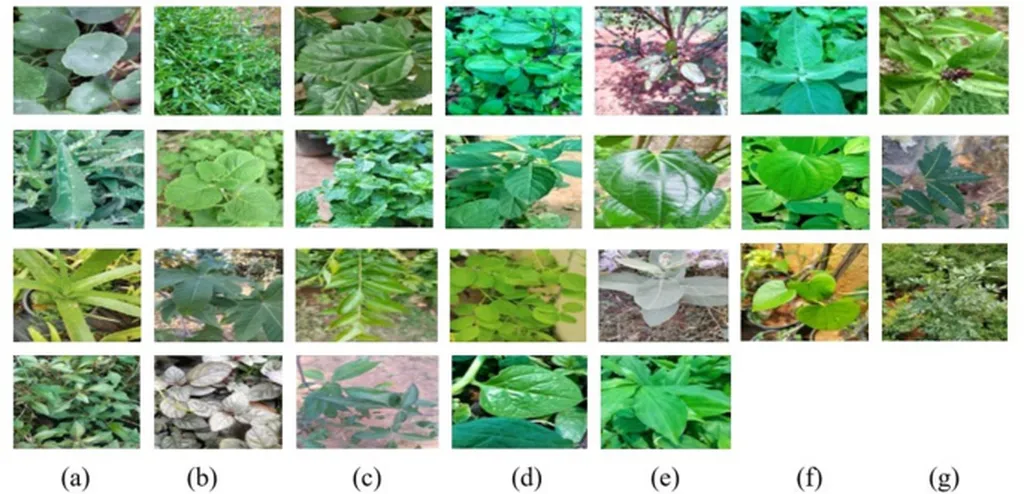In the heart of China’s Yunnan province, a groundbreaking study is set to revolutionize the way we identify and classify variants of Gastrodia elata Blume, a prized medicinal plant known for its therapeutic properties. The research, led by Guangyao Li from the College of Agronomy and Biotechnology at Yunnan Agricultural University and the Medicinal Plants Research Institute at Yunnan Academy of Agricultural Sciences, leverages the power of deep learning and Fourier-transform infrared (FTIR) spectroscopy to create a rapid, non-invasive, and highly accurate identification system for this valuable crop.
The study, published in the journal *Industrial Crops and Products*, addresses a critical challenge in the agriculture and pharmaceutical industries: the variability in chemical composition among different variants of Gastrodia elata Blume. This variability directly impacts the plant’s therapeutic effects, making precise identification crucial for maintaining quality and efficacy. Traditional methods of identification often involve destructive testing, which is time-consuming and can compromise the plant’s integrity.
Li and his team collected FTIR spectral data from three different variants of Gastrodia elata Blume. They then analyzed this data using a variety of machine learning models, including Partial Least Squares Discriminant Analysis (PLS-DA), Orthogonal Partial Least Squares Discriminant Analysis (OPLS-DA), Support Vector Machine (SVM), Backpropagation Neural Network (BPNN), Gradient Boosting Machine (GBM), and ResNet, a deep learning model. The results were striking.
“The ResNet model, using MSC or SNV spectral preprocessing, achieved 100% accuracy on the training set, test set, and external validation set,” Li explained. This level of accuracy is a significant improvement over traditional machine learning models, which showed lower performance in recognizing and classifying the variants.
The implications of this research are far-reaching. For the agriculture sector, the ability to rapidly and accurately identify plant variants without causing damage can streamline quality control processes, reduce waste, and enhance productivity. This is particularly important for high-value crops like Gastrodia elata Blume, which are used in traditional medicine and have a growing market in the global pharmaceutical industry.
Moreover, the development of digital techniques for plant identification opens up new possibilities for precision agriculture. Farmers and agronomists can use these tools to monitor crop health, optimize growing conditions, and ensure the consistency of their products. This can lead to increased yields, improved product quality, and greater economic returns for farmers.
The study also highlights the potential of deep learning in agricultural research. As Li noted, “Deep learning models like ResNet can handle complex spectral data and extract meaningful patterns that traditional models might miss.” This suggests that deep learning could play a significant role in future agricultural research, particularly in areas like crop monitoring, disease detection, and quality control.
The research published in *Industrial Crops and Products* by lead author Guangyao Li from the College of Agronomy and Biotechnology at Yunnan Agricultural University and the Medicinal Plants Research Institute at Yunnan Academy of Agricultural Sciences, represents a significant step forward in the field of agricultural technology. By combining the power of FTIR spectroscopy and deep learning, Li and his team have developed a tool that could transform the way we identify and classify plant variants, with profound implications for the agriculture and pharmaceutical industries. As the world continues to seek innovative solutions to the challenges of food security and sustainable agriculture, this research offers a promising path forward.

